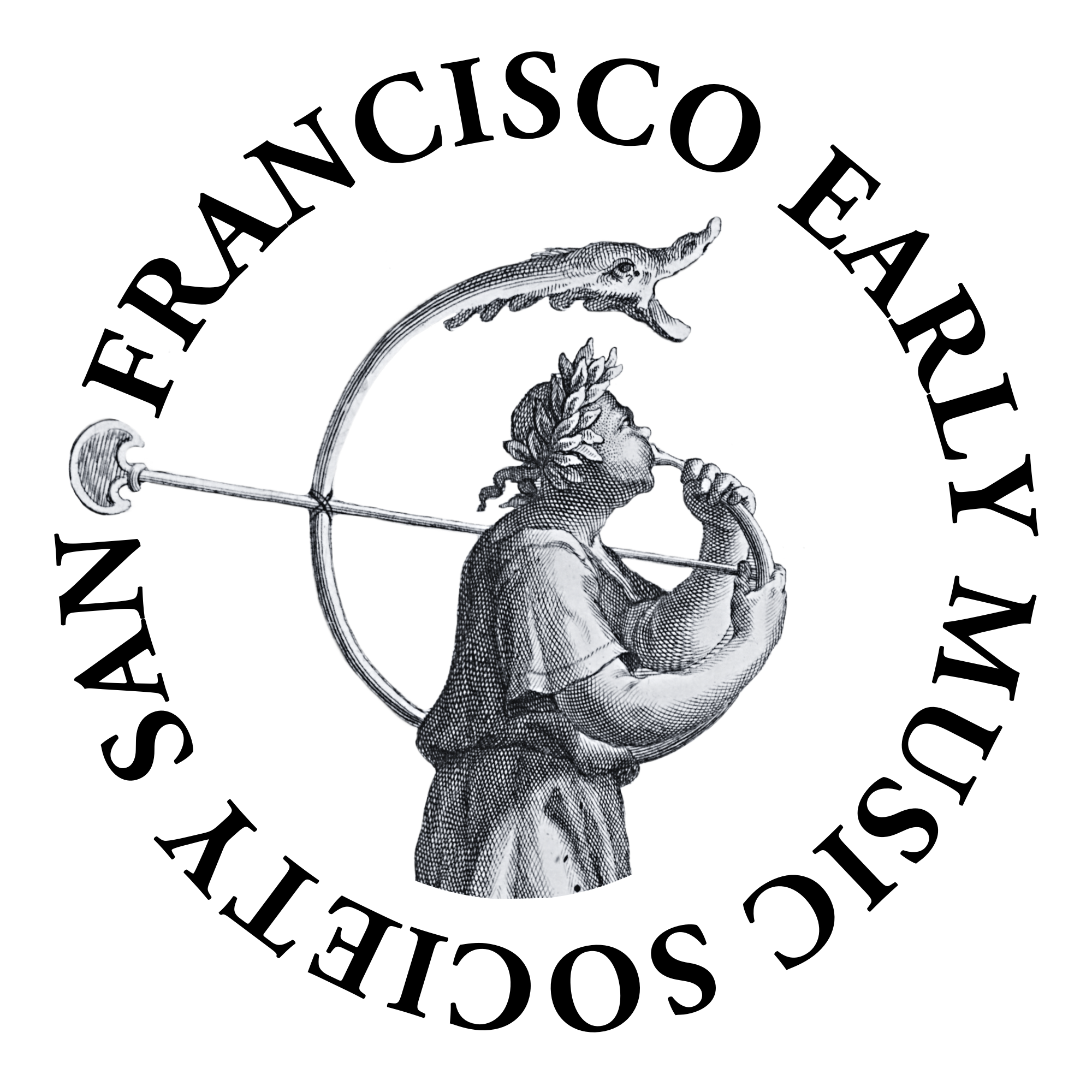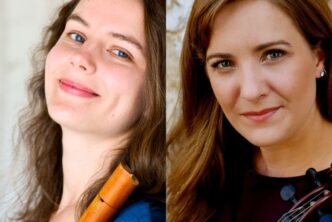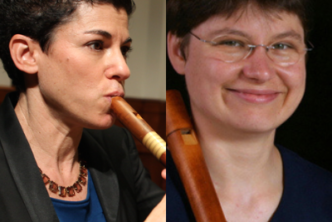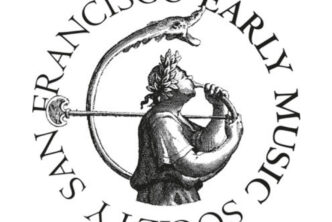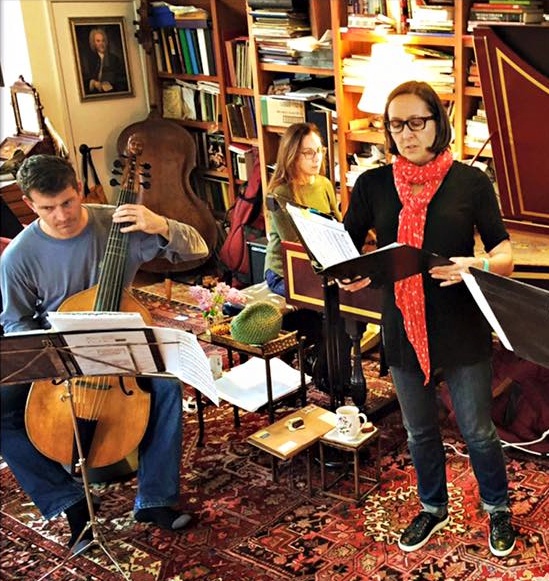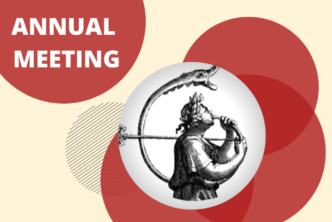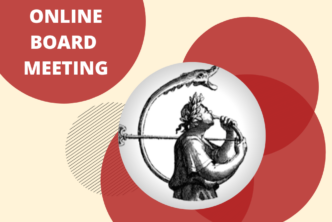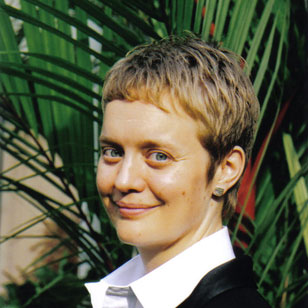by Alexandra Amati
The upcoming San Francisco Bach Choir concert, taking place the weekend of May 4–5, will feature the first period-instrument performance of the setting of Psalm 109, Dixit Dominus, by Marianna Martines, a little-known contemporary and friend of Mozart’s. In this note, SFBC’s Alexandra Amati discusses the composer and her work.
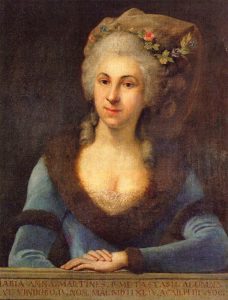 Anna Katharina Martinez, called Marianna, was born, lived, and died in Vienna (1744–1812). She was one of 6 children of the Neapolitan Nicolò Martinez, a descendant of a Spanish soldier who had moved to Vienna as a high officer of the Church, and of Maria Theresia, probably a Viennese woman. An act that seems to be the only document about the family to have survived the flames that burned Vienna’s Palace of Justice in 1927, says that all of her four brothers were knighted in October 1774, and that all the members of the family, male and female, shared the privileges of Imperial knighthood, a coat of arms, and the nobiliary particle “von.”
Anna Katharina Martinez, called Marianna, was born, lived, and died in Vienna (1744–1812). She was one of 6 children of the Neapolitan Nicolò Martinez, a descendant of a Spanish soldier who had moved to Vienna as a high officer of the Church, and of Maria Theresia, probably a Viennese woman. An act that seems to be the only document about the family to have survived the flames that burned Vienna’s Palace of Justice in 1927, says that all of her four brothers were knighted in October 1774, and that all the members of the family, male and female, shared the privileges of Imperial knighthood, a coat of arms, and the nobiliary particle “von.”
Martinez got a fine education, supervised or directly imparted by Pietro Metastasio, the eminent Italian court poet and librettist, who boarded in the Martinez house for decades, having known Marianna’s father from Naples. Metastasio took Marianna under his wing, hiring the best to teach her, including Porpora and young Joseph Haydn. Thanks to Metastasio, Marianna learned Italian, French, and English language and literature, besides German and the rest of a liberal education. She also studied with J.A. Hasse, for whom she stepped in when he was sick. Between 1760 and 1765 she wrote 4 masses, 6 motets, 3 litanies for choir and orchestra and in 1761 a mass by the 17-year old was performed at the court church of St. Michael.
In 1773, she was the first woman ever inducted into the prestigious Bologna Accademia Filarmonica (founded in 1666), which had earlier admitted also Wolfgang Mozart. In the same year, she started a lifelong association with the Mozart family. She became a favorite of Wolfgang, who may have written his concerto K 175 for her. They played piano four-hands and Mozart composed some music for the two of them, having found in her a worthy partner. In 1772 Charles Burney met her and praised her singing voice and her “touching expression.” She was awarded honorary degrees by the Universities of Bologna and Pavia, two of the most prestigious in Europe.
Her oratorio Isacco was performed to great success in 1782 for the benefit of widows and orphans of musicians at the Tonkünstler Society, a role hitherto reserved for male composers. Metastasio managed to attend the performance just shortly before his death. At his passing, the Martinez family was left a large estate, and Marianna herself was bequeathed 20.000 florins, his harpsichord and clavichord, music books, bookcase, and more. Around 1796 she started a singing school in her house, from which came out several outstanding singers, and she continued the tradition of her household, to host a weekly musical soiree. She died at 69 of tuberculosis, leaving many works, of which 69 of about 200 known survive, both sacred and secular.
The setting of Psalm 109 Dixit Dominus is one of a number of psalm settings that survive, and it’s scored for solos, chorus, and a full orchestra. The psalm is subdivided into multiple sections, each given its own musical setting. In this work Marianna’s expertise in counterpoint and word setting, as well as predilection for coloratura, are clearly displayed, including frequent development of motifs, virtuoso writing, and a taste of Viennese salon. She mostly wrote in the Italian style of the early classical period. The listener will recognize both archaic style (for example at “Tu es sacerdos”—You are a priest) and modern style (for example the “Et in saecula”). Some of the arias have strong echoes of her teacher Hasse (for example “Tecum principium” and “Dominus a dextris tuis”). She is both conservative and avant-garde, like all the best composers.
Also on the program will be Martines’ “Pensa a serbarmi, o cara” from La Tempesta; J.C. Bach’s Magnificat in C; and Mozart’s Requiem in D Minor, K. 626. Soloists include Rita Lilly, soprano; Heidi L. Waterman, mezzo-soprano; Kyle Stegall, tenor; and Nikolas Nackley, baritone The Bach Choir and Jubilate Baroque Orchestra, will be conducted by Magen Solomon. Performances take place at 4:00 p.m., Saturday, May 4, in San Francisco’s Calvary Presbyterian Church; and 4:00 p.m., Sunday, May 5, in Berkeley’s First Congregational Church. For tickets or more information, visit sfbc.org.

